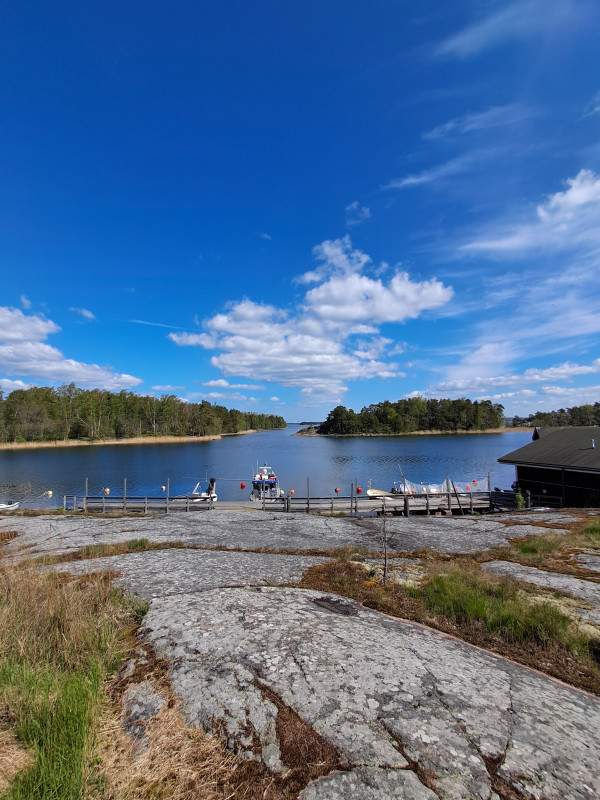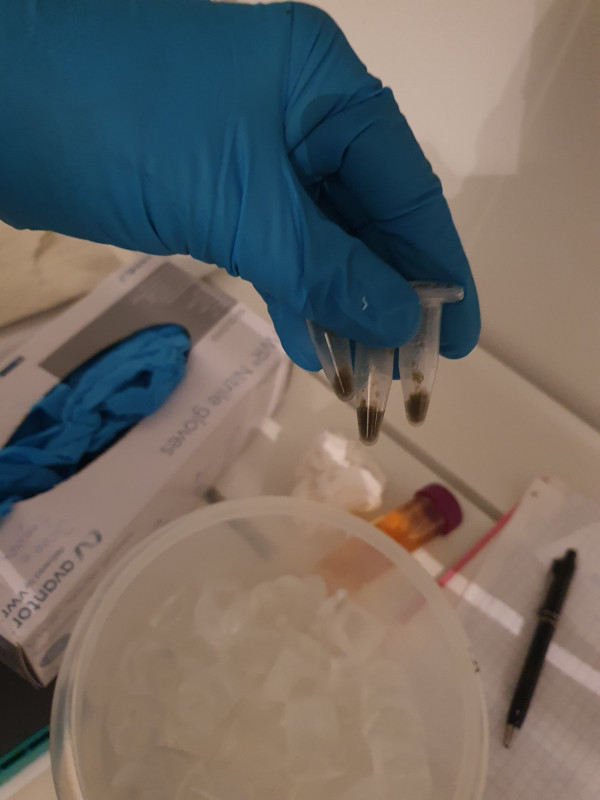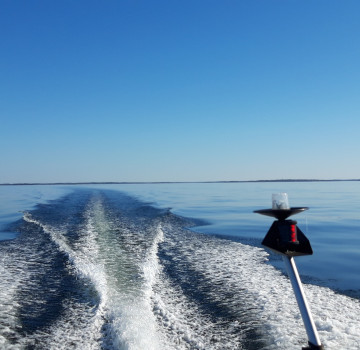How will ocean alkalinity enhancement (OAE) affect plankton inhabiting in the Baltic Sea?
Ocean alkalinity enhancement (OAE) is a marine carbon dioxide removal technology, where sea water alkalinity is enhanced by adding alkaline material to the ocean or by removing acid from seawater via electrochemistry. This approach has the potential to increase capture of atmospheric carbon dioxide to sea water. Moreover, OEA-treatment could buffer ocean acidification locally and as a result potentially improve the health of marine ecosystems.
The dominant natural source of seawater alkalinity is the chemical weathering of continental rocks. Thus, silicate or carbonate rock-based material is suggested to be used to elevate alkalinity of sea water in OAE-treatment. Alkalinity refers to the buffering capacity of a water system against acids or bases. Increase in alkalinity drives the seawater carbon chemistry equilibrium towards bicarbonate and carbonate ions. As a result of that partial pressure of carbon dioxide (pCO2) in sea water decreases allowing more atmospheric CO2 to dissolve sea water. However, the effectiveness of OAE in real-world conditions is still being studied, and ecological consequences are important to consider.

We will conduct large-scale indoor mesocosm OAE-experiment to study responses of the Baltic Sea plankton community to OAE. Effects of OAE on the eco-physiology of brackish-water organisms are un-studied. The study will be performed using brackish water from Gulf of Finland from the Baltic Sea, where climate change is progressing fast, and is already now mimicking conditions that will appear in the future oceans. Alongside of trends of elevating temperature and acidification, the Baltic Sea suffer from eutrophication that has already caused shift in plankton community.
We will cultivate 6 weeks natural plankton community with alkalinity treatment with slaked lime, calcium hydroxide. We will use high and low OAE-treatment intensity level and control treatment with no alkalinity treatment. Ecological parameters as species represented in community will be analysed. Also, physiological variables of such as lipid profiles and amount, cellular stress and respiration of zooplankton will be measured to follow physiological responses of plankton community to OAE-treatment. We are interested in if OAE would enhance quality of eutrophic sea water and improve zooplankton quality as well as. We will monitor sea water condition by measuring nutrients concentrations and sea water carbon chemistry.
This experiment will provide critical knowledge about the effects of OAE-treatment for brackish marine ecosystem. This research also supports understanding of climate adaptation and local decision-making in the Baltic Sea region. We are collaborating with Nicolas-Xavier Geilfus, a specialist in marine carbonate chemistry, on this project. Mesocosm experiment will be conducted in Tvärminne Zoological Station in autumn 2025.

Storage of zooplankton samples in the freezer for later analysis.

